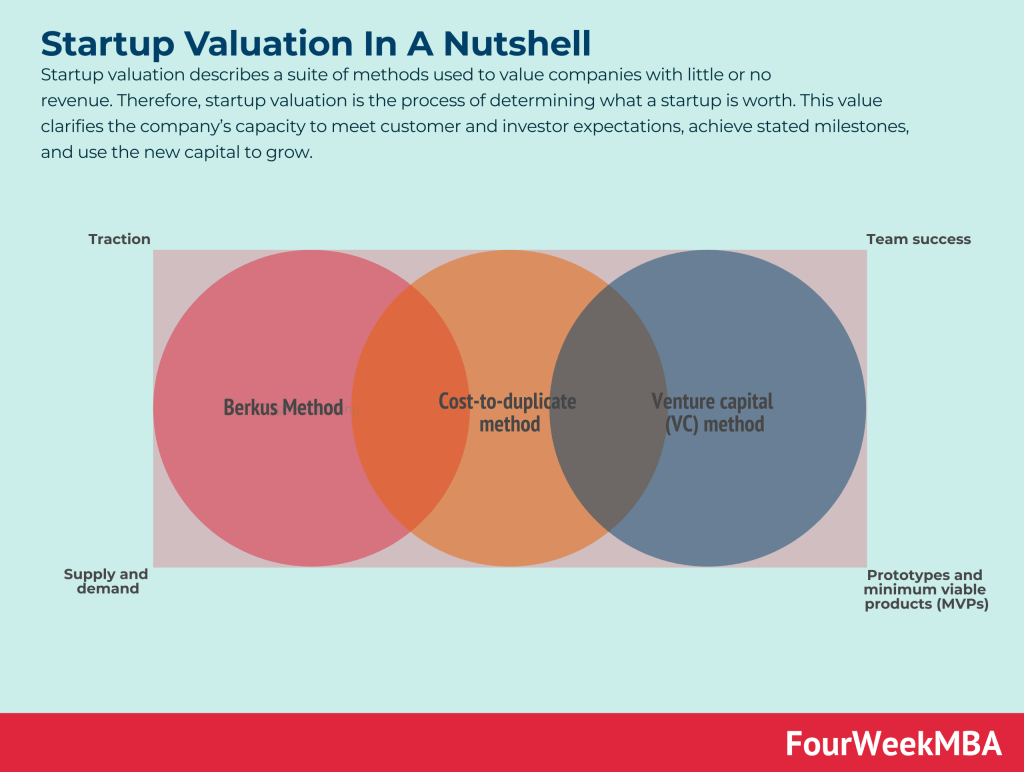The Weighted Average Cost of Capital (or WACC) can also be defined as the cost of capital. WACC is a rate – net of the weight of the equity and debt the company holds – that assesses how much it cost to that firm to get capital in the form of equity, debt, or both. This measure is also used in business valuation to assess the value of companies based on methods such as discounted cash flows.


The complete WACC formula is:

Below see how debt affects both balance sheet and income statement:

On the other hand, there is a part of this interest that cannot be determined by the organization’s balance sheet, but from other factors. Let’s see below what the interest on the debt is comprised of:

Below an example of how to compute the WACC for a company (FCA Group):

Connected Financial Concepts























Read next:
- Accounting Equation
- Financial Statements In A Nutshell
- Cash Flow Statement In A Nutshell
- How To Read A Balance Sheet Like An Expert
- Income Statement In A Nutshell
- What is a Moat?
- Gross Margin In A Nutshell
- Profit Margin In A Nutshell
Read Next: Financial Accounting, Financial Ratios, Financial Options, Financial Structure, Cash Flows.
Connected Video Lectures
Main Guides:
